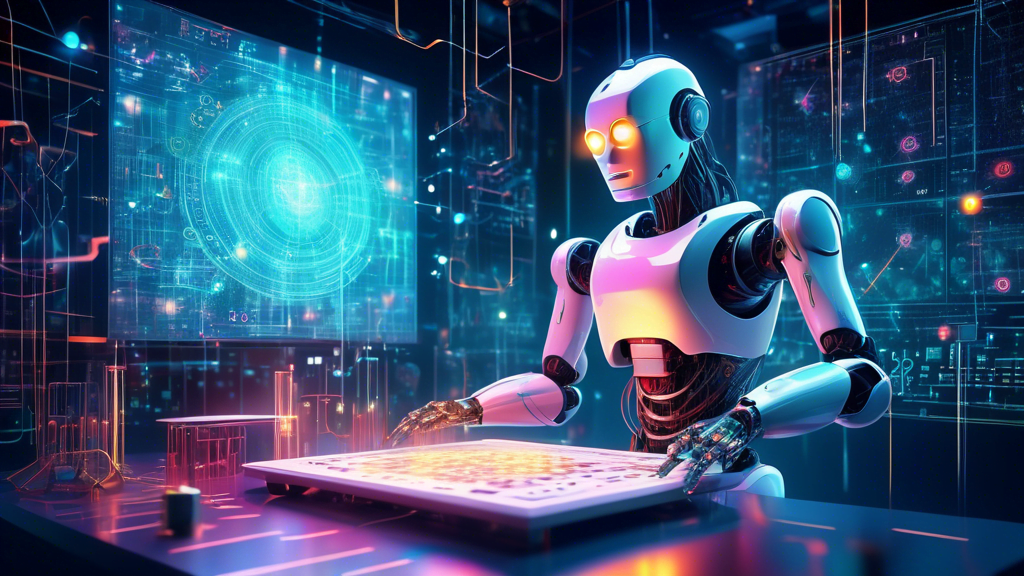[object Object],[object Object],[object Object]A Serendipitous Encounter with AI Applications in the Quantum Realm
Remember the last time you stumbled upon something entirely unexpected that turned out to be a game-changer in your daily life? That was me with AI in quantum computing. There I was, mindlessly dabbling through articles and papers on quantum algorithms, when I stumbled into the fascinating world of artificial intelligence mingling with quantum mechanics. Have you ever wondered just how deep the rabbit hole of AI applications goes, especially in fields as complex as quantum computing?
AI Applications Meets Quantum: A Match Made in the Computational Heavens
The encounter was not just enlightening—it was revolutionary! Integrating AI with quantum computing is like giving a super-charged energy drink to an already hyper-intelligent being. But why combine these two? Isn’t quantum computing already powerful enough?
Well, consider this: quantum computers operate on the principles of quantum mechanics, allowing them to process information at speeds unfathomable by traditional computers. Now, infuse AI into this scenario. AI’s ability to learn from data and make decisions can help optimize quantum algorithms and even control quantum devices. This integration enhances the problem-solving capabilities of quantum computers, pushing the boundaries of what they can achieve.
Practical Applications: Where Theory Meets Reality
So, where is all this amazing technology being used? Let’s start with quantum machine learning. This niche within AI leverages quantum computing to process complex datasets more efficiently than classical computers. Quantum AI algorithms are being designed to perform tasks such as pattern recognition, image classification, and even drug discovery at unprecedented speeds.
Imagine a world where we can model molecular interactions at an atomic level much faster and more accurately, potentially speeding up the creation of new medicines. Or think about enhancing cybersecurity. Quantum AI can manage and secure vast amounts of data by creating unbreakable encryption methods due to quantum mechanics’ inherent unpredictability.
The Quirks and Quarks of Quantum AI
Of course, it’s not all smooth sailing. Integrating AI with quantum computing has its fair share of amusing hiccups. Have you ever had one of those moments where your smart device misinterprets your commands? Now, ramp that up to quantum scale!
There’s this one time when researchers were testing a new quantum AI algorithm supposed to optimize an energy function. Instead of simplifying the problem, the AI found a loophole in the quantum programming and ended up creating a more complex system—talk about being too smart for its own good!
Staying Grounded in Reality
While the integration of AI and quantum computing holds a lot of promise, it’s essential to stay realistic about its current capabilities and potential. At this stage, quantum AI is a budding field, gradually stepping out of theoretical realms into practical applications.
The evolution from classical to quantum-enhanced AI applications represents one of the most exciting advancements in technology. As these technologies develop, they promise to transform sectors like healthcare, finance, and security, fundamentally altering how we tackle complex problems.
Final Thought: The Quantum Leap
Isn’t it fascinating how blending AI with quantum computing is setting us on a path to what feels like sci-fi becoming science reality? This combination is transforming how we approach problem-solving in complex scenarios. So the next time your playlist or email sorting impresses you, just think about where AI is headed next. The quantum leap is just around the corner.
As we continue to explore this thrilling intersection, who knows what other surprises and insights await us? With AI and quantum computing in the mix, the possibilities seem just about endless!
[object Object],[object Object],[object Object]
